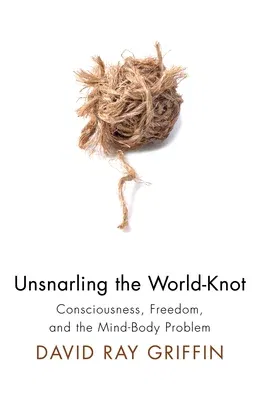The mind-body problem, which Schopenhauer called the ""world-knot,"" has
been a central problem for philosophy since the time of Descartes. Among
realists--those who accept the reality of the physical world--the two
dominant approaches have been dualism and materialism, but there is a
growing consensus that, if we are ever to understand how mind and body
are related, a radically new approach is required. David Ray Griffin
develops a third form of realism, one that resolves the basic problem
(common to dualism and materialism) of the continued acceptance of the
Cartesian view of matter. In dialogue with various philosophers,
including Dennett, Kim, McGinn, Nagel, Seager, Searle, and Strawson,
Griffin shows that materialist physicalism is even more problematic than
dualism. He proposes instead a panexperientialist physicalism grounded
in the process philosophy of Alfred North Whitehead. Answering those who
have rejected ""panpsychism"" as obviously absurd, Griffin argues
compellingly that panexperientialism, by taking experience and
spontaneity as fully natural, can finally provide a naturalistic account
of the emergence of consciousness--an account that also does justice to
the freedom we all suppose in practice. ""The panexperientialist
approach is an important possible position on the mind-body problem, and
Griffin does a great service in accessibly presenting its distinctive
'slant' on that problem. . . . This will remind the mainstream that
there are alternatives, radical alternatives, that can present a
reasoned case for themselves."" --William Seager, author of Metaphysics
of Consciousness ""A major philosophical study relating Whitehead's
philosophical position to one of the primary unresolved issues at the
hear of the analytic agenda, the mind-body problem, this book has the
potential to begin serious discourse across philosophical division on a
topic central to philosophy."" --Donald W. Sherburne, editor of A Key to
Whitehead's Process and Reality David Ray Griffin is codirector of the
Center for Process Studies and Professor Emeritus of Philosophy of
Religion at Claremont School of Theology and Claremont Graduate
University. His previous books include Physics and the Ultimate
Significance of Time (1986), The Reenchantment of Science (1988), and
Founders of Constructive Postmodern Philosophy (1992).


